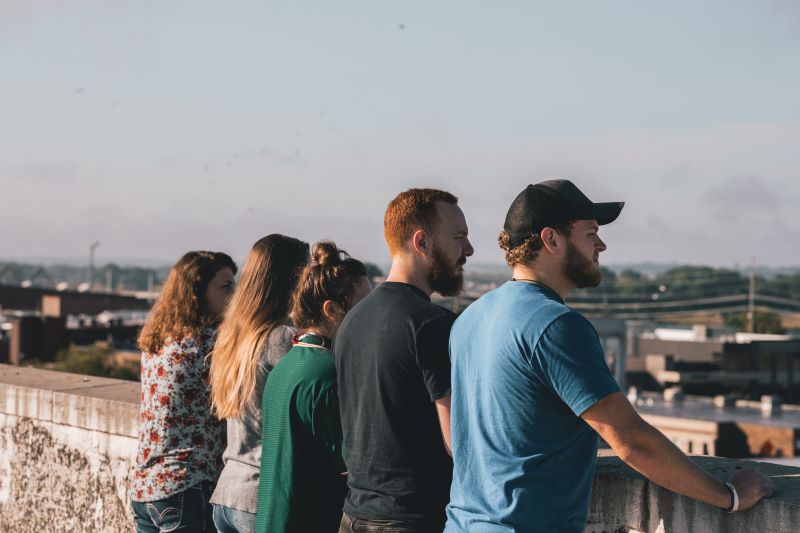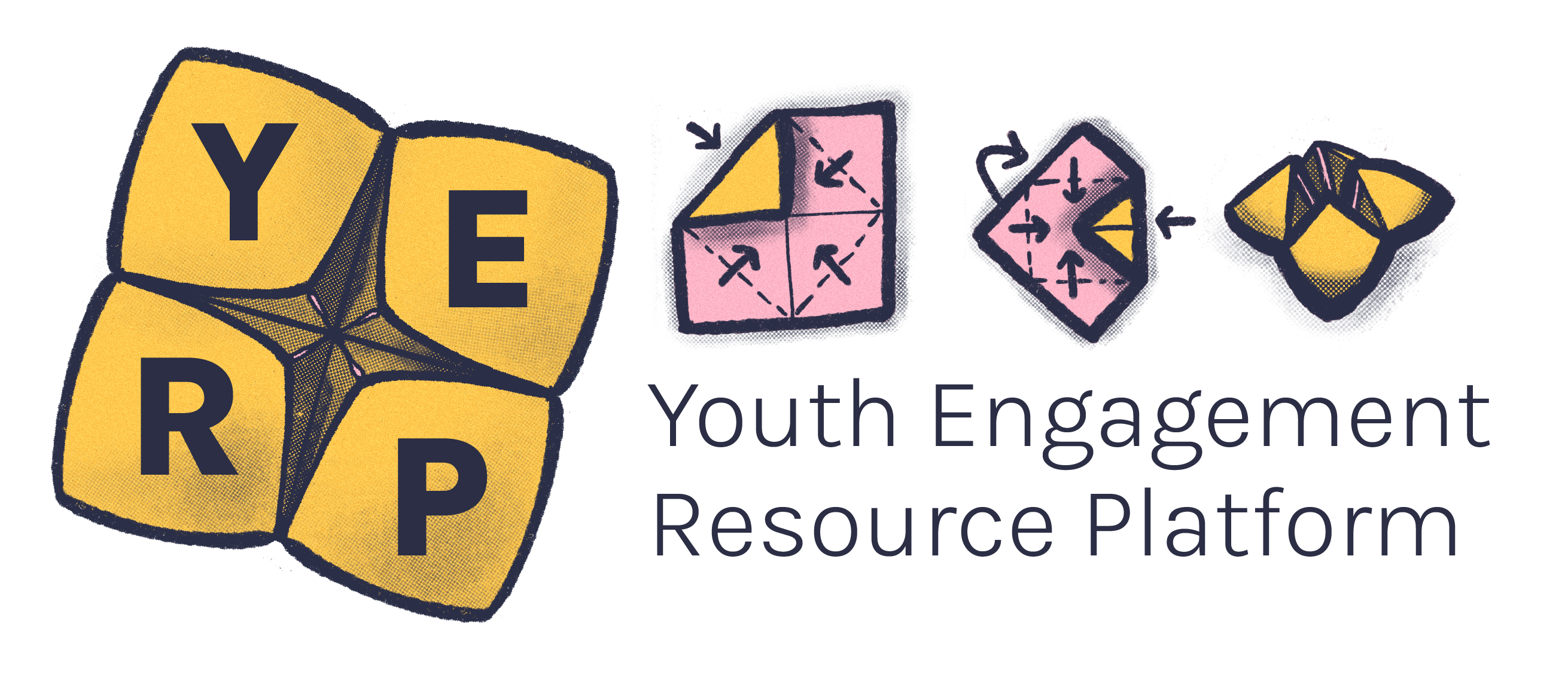Mandatory reporting is the legal requirement for certain professional groups to report known or suspected cases of child physical or sexual abuse and/or neglect to child protection and government authorities.1
If you’re worried about your safety, or a friend’s safety because of something happening right now, you should call the police on 000. It’s okay to tell someone, and you have the right to:
- be safe and feel safe
- say how you feel and be heard
- tell someone you’re uncomfortable.
If you need support and are aged 5-25 years old please call Kids Helpline on 1800 55 1800 or Lifeline on 13 11 14.
If you’re concerned or unhappy about something that happened in the past that made you feel uncomfortable or unsafe, you should talk about it with someone you trust. For example, a parent, sibling, other relative, teacher or youth worker. Many of the places where you spend time like school, a sporting club or local youth group will have a child safe officer and you can ask. them for support too.
You have the right to feel safe and respected in all aspects of your life and in the environments that you live, work, learn and play in.2, 3
Unfortunately, this doesn’t always happen. Sometimes places like schools, sporting or performing arts clubs or places of religion where adults have an obligation to keep you safe, can let you down and they don’t keep you safe. It’s important to talk about this - just because those spaces are meant to be ‘safe’, doesn’t necessarily mean you are safe.2
Remember your rights in different environments and if you feel uncomfortable, tell a trusted adult.
A trusted adult has responsibility to report this for your safety.3, 4 They should communicate this to you and keep you informed of the process they will be taking. Safe reporting should uphold your privacy and confidentiality and proceed with respect and dignity.
You can also talk to trusted adults if you don’t feel your needs are being met. For example, if you have access needs that aren’t supported, if you’re not supported to use your pronouns, or if you encounter racism.4
If you tell someone that you feel unsafe or uncomfortable about something that’s happened to you, you can expect them to listen and help you to find the right resources and supports that are available.4
When an organisation responds properly to allegations of abuse and harm and investigates them thoroughly, it helps keep you and others safe.
For more information on the standards in place to protect you, read through our Child Safe Standards resource, or the Commission for Children and Young People’s guidance for young people resource.
Young person having a conversation with an adult, sitting on a park bench.

Mandatory reporting legislation contains a list of who is mandated to report cases of suspected child abuse and neglect.2, 5
People who are commonly required to report are those who are likely to interact with children and young people in their work. For example, teachers, medical practitioners and police.1, 6
The following occupations are mandatory reporters in Victoria:
- registered medical practitioners, nurses and midwives
- registered teachers and early childhood teachers
- school principals
- school counsellors
- police officers
- out of home care workers (excluding voluntary foster and kinship carers)
- early childhood workers
- youth justice workers
- registered psychologists
- people in religious ministry.1, 6
While mandated reporters in Victoria are required by law to make reports in relation to physical harm and sexual abuse of children and young people, all adults and professionals are encouraged to exercise their duty of care and report concerns of any type of child abuse and neglect.6
In addition, ALL Victorians over the age of 18 must abide by Failure to Disclose legislation. Any adult who holds a reasonable belief that a sexual offence has been committed by an adult against a child in Victoria must report that belief to police. The ‘failure to disclose’ offence helps to ensure that protecting children from sexual abuse is the responsibility of the whole community.5
Young people are also allowed to make a report. If you believe a child or young person is at risk of harm, child abuse or neglect you should contact child protection. You don’t need to be mandated to make a report to child protection – anyone can make a report.7
We recommend reading the Victorian Department of Families, Fairness and Housing’s frequently asked questions around mandatory reporting.
In Victoria
- North Division intake: 1300 664 977
- South Division intake: 1300 655 795
- East Division intake: 1300 360 391
- West Division intake - metropolitan: 1300 664 977
- West Division intake - rural and regional: 1800 075 599
After hours (5pm - 9am on weekdays, 24 hours/day on weekends and public holidays) Child Protection Emergency Service: 13 12 78
Interstate contact numbers
- Australian Capital Territory (ACT) - 1300 556 729
- New South Wales (NSW) - 13 21 11
- Northern Territory (NT) - 1800 700 250
- Queensland (QLD) - (07) 3235 9999
- South Australia (SA) - 13 14 78
- Tasmania (TAS) - 1300 737 639
- Western Australia (WA) - (08) 9325 1111
In Victoria we have the Reportable Conduct Scheme (the Scheme) which aims to improve accountability in the way organisations respond to allegations of child abuse or misconduct. The Commission for Children and Young People has great resources about the Scheme for children and young people.
Organisations and members of the public can notify the Commission for Children and Young People of allegations of abuse against a child or young person by a worker or volunteer through the Reportable Conduct Scheme.
As a young person, you can make an allegation and report it to your organisation and expect it will be dealt with appropriately. If it isn’t, you can contact the Reportable Conduct Scheme directly.
Youth workers have a duty of care to the young people they engage with. They have the legal and moral responsibility to protect your safety and wellbeing and that of the other young people they work with.
Youth workers should always let you and any young person know that confidentiality will always be prioritised, unless there are concerns about yours or someone else's safety. If someone makes a disclosure of abuse to a youth worker, the youth worker can't keep it a secret. They need to tell you that they will need to let someone know.
Young people standing outside, looking out over a building balcony.

Kids Helpline: Free, confidential counselling service for people aged 5-25 years old available any time of the day or night by phone or webchat on 1800 55 1800
Beyond Blue: Call or chat online with a counsellor at any time. Support Service is available 24 hours/7 days on 1300 22 4636
headspace: Online and telephone support service that helps young people who don’t feel ready to attend a headspace centre or who prefer to talk about their problems via online chat, email or on the phone. 1800 650 890
Yarn Safe: A set of resources on mental health and wellbeing, stress and pressure, relationships and alcohol and drugs.
13Yarn: Aboriginal or Torres Strait Islander Crisis Supporter on 13 92 76 (24 hours/7 days)
- Department of Families, Fairness and Housing. (2023). Mandatory reporting. https://providers.dffh.vic.gov.au/mandatory-reporting
- Commission for Children and Young People. (n.d). Your Rights. https://ccyp.vic.gov.au/children-and-young-people/your-rights/
- Victoria Government. (n.d). Children, Youth and Families Act 2005 (Vic). https://www.legislation.vic.gov.au/in-force/acts/children-youth-and-families-act-2005/136
- Commission for Children and Young People. (n.d). Get help or make a complaint. https://ccyp.vic.gov.au/children-and-young-people/get-help-or-make-a-complaint/
- Department of Families, Fairness and Housing. (n.d) Failure to disclose offence fact sheet (word). https://providers.dffh.vic.gov.au/failure-disclose-offence-fact-sheet-word
- Australian Institute of Family Services.(2023). Mandatory reporting of child abuse and neglect. https://aifs.gov.au/resources/resource-sheets/mandatory-reporting-child-abuse-and-neglect
- Department of Families, Fairness and Housing. (2020). Frequently asked questions, mandatory reporting to child protection. https://providers.dffh.vic.gov.au/mandatory-reporting-child-protection-victoria-frequently-asked-questions





